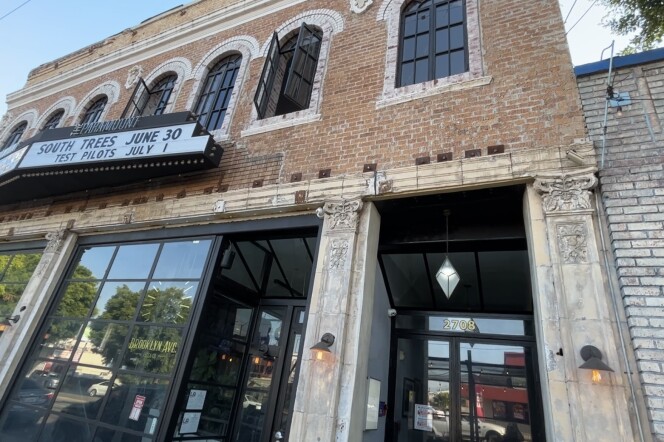With our free press under threat and federal funding for public media gone, your support matters more than ever. Help keep the LAist newsroom strong, become a monthly member or increase your support today.
California’s budget is ‘roughly balanced,’ but growing deficits expected

With tax revenues from high-earning Californians rebounding in recent months, the Legislature’s nonpartisan fiscal analyst projects that the state budget remains “roughly balanced,” though spending growth is expected to drive increasing deficits in the years ahead.
In its annual fiscal outlook, issued today to prepare lawmakers for the upcoming budget process, the Legislative Analyst’s Office estimates that California will face a $2 billion deficit next year, a potential gap that could be resolved with minor solutions.
“Given the size and unpredictability of the state budget, we view this to mean the budget is roughly balanced,” the office concluded.
Tax collections are forecast to beat expectations by $7 billion for the year, largely driven by stock market gains.
But that money is projected to be offset by spending more than $10 billion higher than the current state budget assumed, including more guaranteed funding for schools and community colleges from the additional revenue. Other large unexpected costs include for fighting wildfires and an expanding caseload for state health programs for seniors, as well as a November ballot measure approved by voters that raises reimbursement rates for doctors who treat poor residents.
Gov. Gavin Newsom and the Legislature passed a $298 billion budget this summer that aimed to address a major deficit, estimated to be tens of billions of dollars over the next two years.
The Legislative Analyst’s Office warned today that the state is still on that path in the longer term, with a projected annual deficit of about $30 billion by the 2028-29 fiscal year, and urged lawmakers not to commit to any new ongoing spending.
“This recovery in income tax revenues is being driven by the recent stock market rally, which calls into question its sustainability in the absence of improvements to the state’s broader economy,” the office wrote, noting that hiring and consumer spending are still sluggish.
Assembly Speaker Robert Rivas agreed with that assessment in a statement emphasizing a cautious approach.
“We need to show restraint with this year’s budget, because California must be prepared for any challenges, including ones from Washington,” Rivas said in a statement. “It’s not a moment for expanding programs, but for protecting and preserving services that truly benefit all Californians.”
The annual fiscal outlook by the Legislative Analyst’s Office is merely a forecast and can vary greatly from the projection by the Department of Finance that the governor uses for his budget proposal in January.
Last December, the Legislative Analyst’s Office estimated a $68 billion deficit for the next fiscal year — frustrating Newsom, whose spending plan unveiled in January relied on a smaller $38 billion expected revenue gap. He repeatedly criticized the media for its widespread reporting on the Legislative Analyst’s Office figure.
Seemingly recalling those criticisms, Legislative Analyst Gabriel Petek published an essay last week defending his office and “the value of independence” as it helps the Legislature understand the choices it may face.
“Our independent fiscal assessment underlies the Legislature’s ability to assert an informed check on the executive branch, making any added complexity from diverging estimates a worthwhile trade-off,” Petek wrote.
-
Keep calm. Secure that ticket in a very safe place. And call in the financial pros.
-
Scientists brought in trees from around the world to see which ones can thrive in hot and dry conditions with minimal water. Will these soon line a road near you?
-
Grassroots groups are working to retrofit existing trusted community spaces with solar panels and battery power to become climate "resilience hubs."
-
The Alliance of Motion Picture and Television Producers rejected the SAG-AFTRA union's request for a separate type of residual payment that actors would get once their programs hit streaming services.
-
Sarah Ramos says she actually likes self-taped auditions, but without regulations: “This is a strain on our resources, a strain on our community and it's untenable.”
-
Cooler pavement, however, is far from a silver bullet when it comes to reducing the impact of heat.















